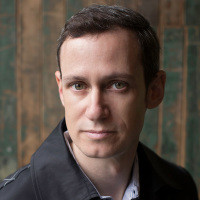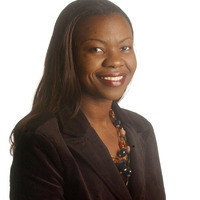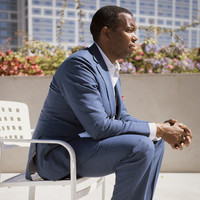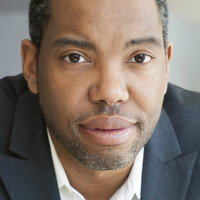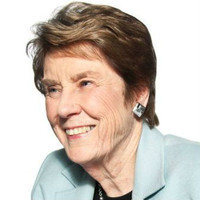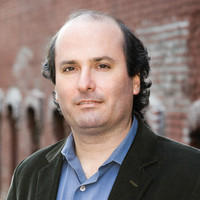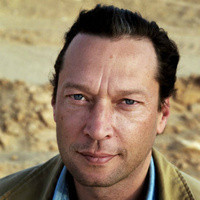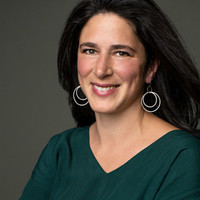Mark Adams is the author of Mr. America and Turn Right at Machu Picchu. His latest book is Tip of the Iceberg: My 3,000-Mile Journey Around Wild Alaska, the Last Great American Frontier.
“It’s always sheer and utter panic the whole time I’m on the road. I never sleep more than like three or four hours a night when I’m on the road because I wake up at 4:00 in the morning and I’m like, Who am I going to talk to today? I don’t have anything scheduled for today. What am I going to do? And sometimes things work out for that day and sometimes they don’t. I think when you start to lose that feeling — that tense feeling, that pit in your stomach — then the work starts to lose something as well.”
Thanks to MailChimp and Pitt Writers for sponsoring this week's episode.






